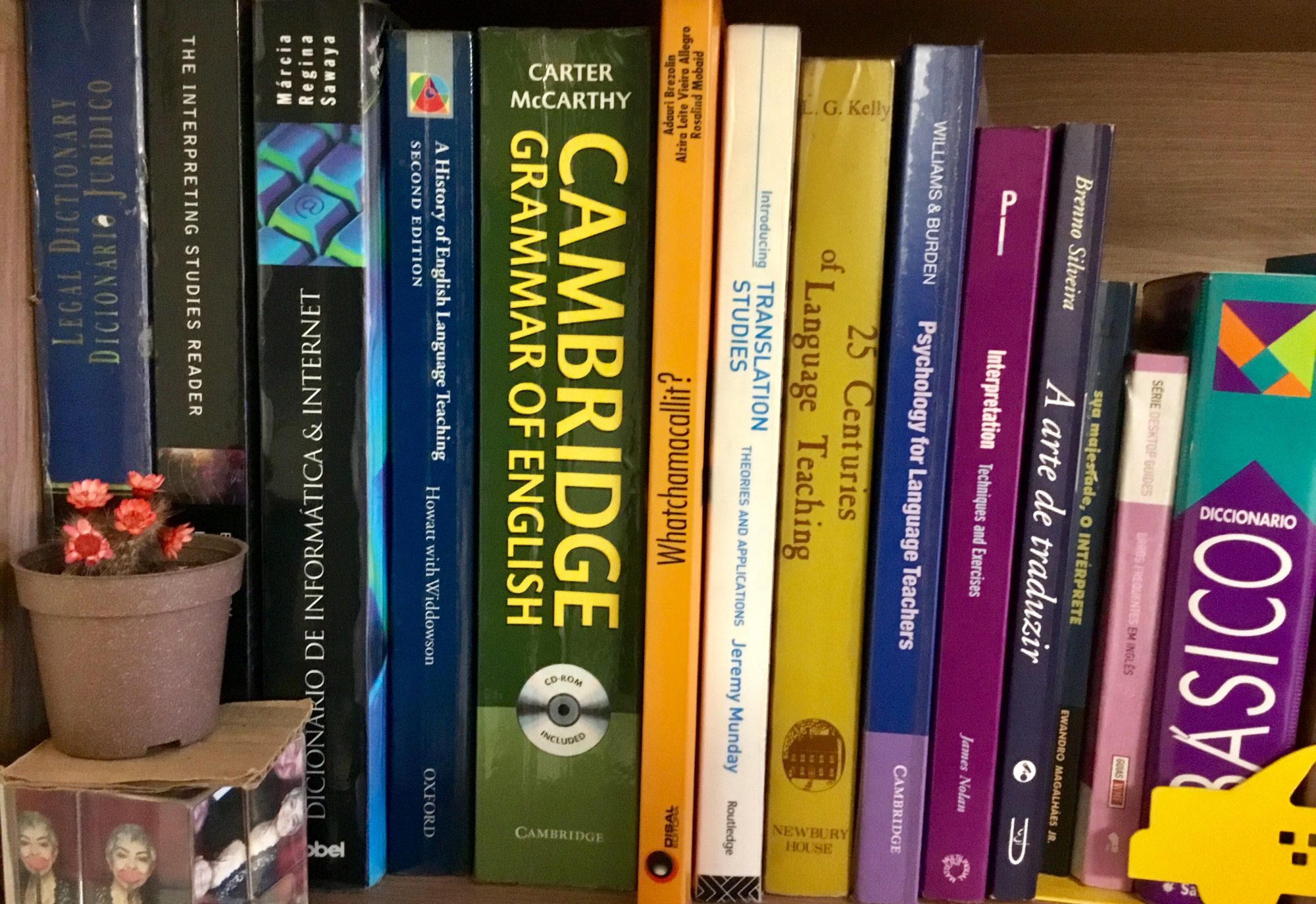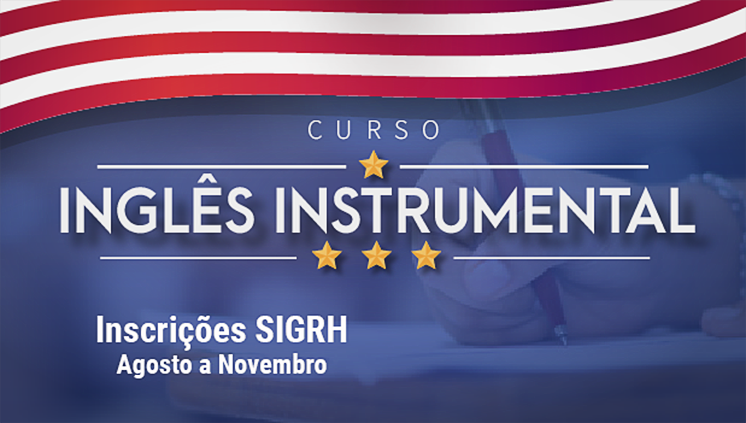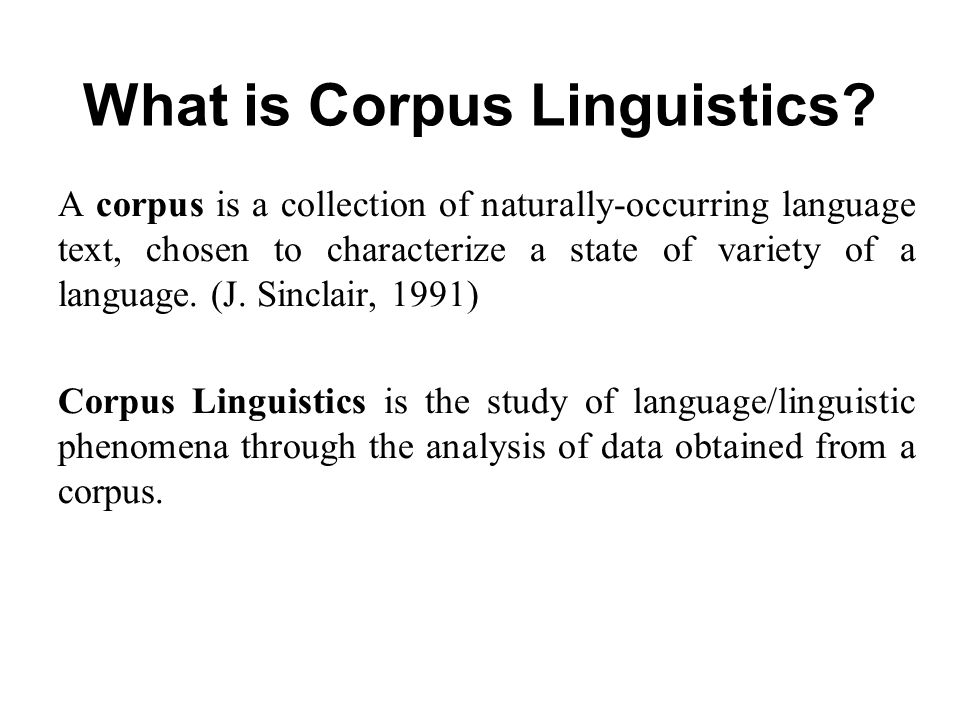A few months ago I watched a talk presented by Rose Luckin on Language and AI recorded back in 2019 where Ms Luckin (1) presented an interesting article published in the New Scientist magazine in April 2019: “AI Achieves its best ever mark on a set of English exam questions”.
The article started by saying that “the results are in. An artificial intelligence has gone to the top of its class after passing an English exam. Though it can’t beat more able human students, it achieved the best mark yet for a machine.”(2)
Nothing new there. Computers have long been able to analyze huge volumes of data, track info, and implement learning algorithms.
But AI isn’t just using data. It is also reasoning in complex situations. “Data is crude, but it must be refined so we can use it”, Luckin added.
In these days of super duper AI hype we must remember that HI (Human Intelligence) is superior to AI – AI will not compete with us but do better in things we suck while we have the capacity to analyze, compare, choose beyond a series of algorithms.
“AI has its own advantages, such as processing speed, data analysis capabilities, and the ability to handle large-scale computations. It can augment human intelligence and assist in various tasks, but it currently lacks the holistic and multi-faceted nature of human intelligence.” And ChatGPT has just told me that.
What are the implications of AI for Education?
Teachers of English as a Foreign or Second Language must learn how to use AI to tackle major education challenges the need of repetition, for example, while developing speech recognition, and helping learners use AI for self-study.
We have to internalize the fact that DATA IS THE NEW OIL – our minds will go on developing together – AI-HI.
As teachers we must learn first and also educate people about AI.
What’s the worst that can happen from using AI in the learning process? We must encourage people to use it rather than fear it.
Remember that machine learning is very smart but it doesn’t explain how it reached a decision. HI has a ginormous advantage over AI – we have to harness our EI (Emotional Intelligence) and our meta-contextual intelligence.
What can we take away from this AI -HI collaboration?
AI can enhance learning and teaching, tackle educational challenges, which is way more than just exam taking. Humans and machines partnering up will be the solution to many of the ills that torment us today.
(1) Cambridge University Press – Rose Luckin – Language and AI: What should be done now to ensure learners and teachers benefit https://www.youtube.com/watch?v=2mQOoFWdMbM&t=1868s
(2) Ye, Yvaine, New Scientist, 02 April 2019 – https://www.newscientist.com/article/2198333-ai-achieves-its-best-ever-mark-on-a-set-of-english-exam-questions/
















 What students want for their New Year’s Resolution regarding language learning is to take a pill and after the first session, be fluent in whatever language they want to study.
What students want for their New Year’s Resolution regarding language learning is to take a pill and after the first session, be fluent in whatever language they want to study.










